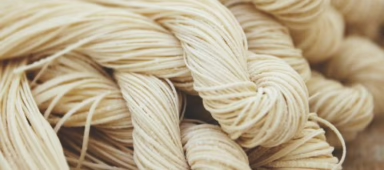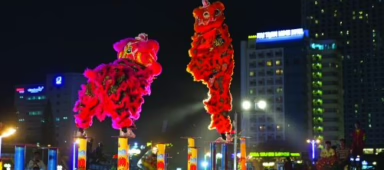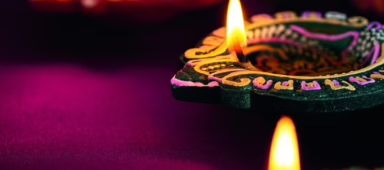Tamu-tamu Collective celebrates Sabah’s rich traditions with its craft
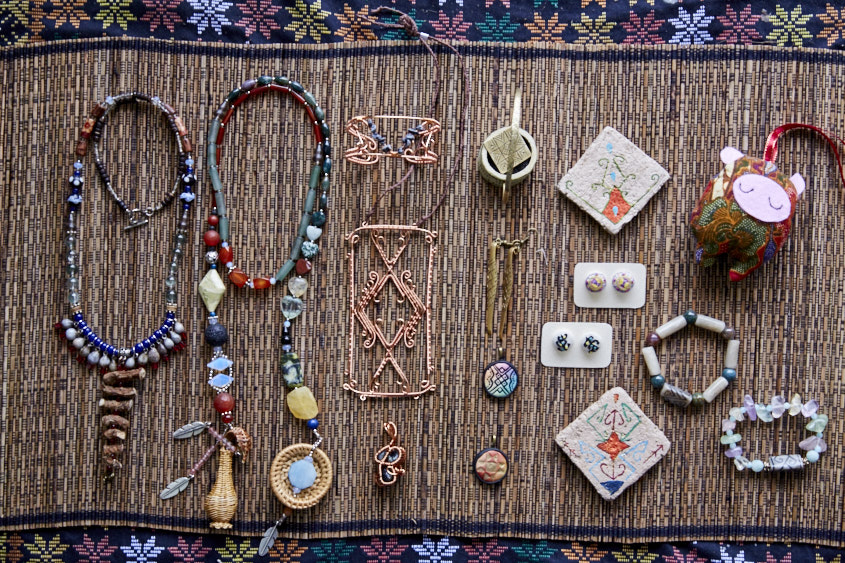
The craft spirit is alive and well in Sabah with Tamu-tamu Collective spotlighting the way. Set up in 2015, the collective is made up of Kota Kinabalu-based artists, jewellery makers and craftspeople, united in their efforts to make use of their rich traditions in their craftwork. A melting pot of over 30 groups of ethnic communities, Sabah presents a bounteous trove of customs and cultures to dig into and explore.
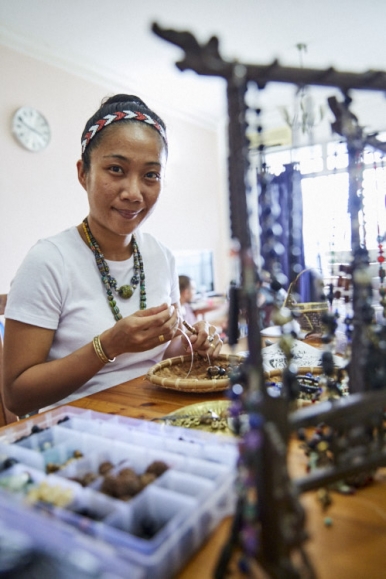
Each member of the collective has his or her own signature take on tradition: Jessie Jeremy Joy fashions papier mache fridge magnets painted with local motifs, while his Jetsetters clothing line incorporates traditional textiles. Haizum Alban of Bikin makes copper wire and stone jewellery; she weaves traditional motifs using copper into contemporary accessories. Sisters Imelda and June Isabel Vitales of The Pink Dinosaur use handmade Tinohian cloths, richly embroidered headgear worn by Rungus men, on their cotton bags.
Eleanor Goroh from Magic Borneo Beads makes original and custom-made jewellery with beads. Beads are an important part of Sabahan culture, having been used as traded goods and cultural identity markers. They are also an integral part of the people’s indigenous spiritual beliefs.
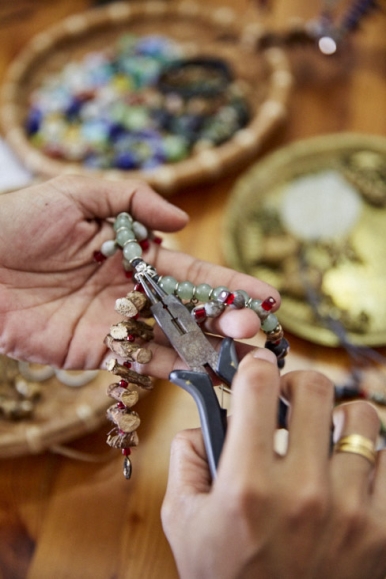
“It is a heritage artifact that people have been trading and developing, and they are a part of my heritage,” says Goroh.”Beads have been around since 40,000 BC. In Sabah, beads were a form of currency for us. Back then, your beads signified your position in the community. Today, it is a statement of getting back to your roots,” says Goroh, who also runs jewellery-making workshops using beads.
When the members need information on ethnic symbols and motifs from Sabah, they turn to Adam Kittingan, a designer, jewellery maker and animator. Kittingan incorporates the motifs into his brass and copper bangles and earrings, and is more than happy to explain their significance to buyers. “I try to tell the story behind the jewellery, as a way of preserving what we have. To other people, it’s like ancient history or an artifact, but to me it is about asserting my identity, that I am here,” he explains.
Besides working on its craft, the collective is growing its knowledge of local craft by visiting villages around Sabah and learning from the craftspeople. Among its future plans is to set up crafts residencies at these villages.
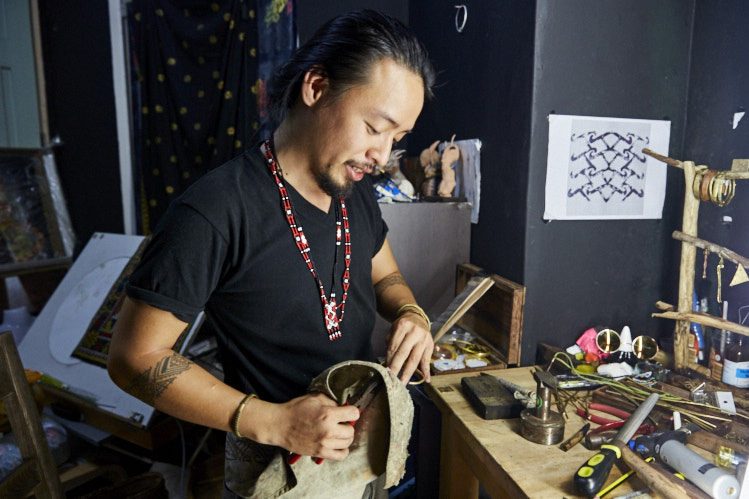
The collective holds a flea market twice a month to sell and promote its wares. You can find them at Syarikat Biru-Biru and The B-Side cafe in Kota Kinabalu, and occasionally in Kuala Lumpur at events like Art for Grabs. The members also run craft workshops at their centres. They will have booths and run workshops at the Rhythms of Rimba festival on 21-22 August at the Rainforest Discovery Centre in Sandakan, Sabah.



